Vampyr
A Beautiful Mess
Platform Played On: PC
Developer: DONTNOD
Publisher: Focus Home Entertainment
Year Released: 2018
Vampyr wants to be a lot of things. An action-RPG with branching combat styles. A deep story game with important moral choices that affect the fates of everyone in London. A functioning, non-buggy game. And it clearly tries its best, and to its credit, it mostly succeeds. Emphasis on mostly.
You play as Dr. Jonathan Reid, just returned from serving as a doctor for the British Army in France during World War I. Things are going to be rad. You’re going to go home, see your family, and study some medicine.
You wake up in a mass grave, stumble out, and drain the blood out of the first person you see. Things kind of go downhill from there.
The storytelling in Vampyr is solid on all the fundamentals. Characters are interesting, likeable, and flawed. Dr. Reid does a great job of being pissed about his new circumstances while still being willing to take advantage of his new abilities. His comrades, such as Dr. Edgar Swansea, resident excited puppy and hospital administrator, and Lady Elisabeth Ashbury, the hospital’s mysterious benefactor, are drawn with enough depth that their motivations and actions all feel consistent. And pretty much every NPC you meet can at least be sympathized with, if not empathized. And the ones you’re clearly supposed to not like? BOY HOWDY, will you hate them, even as you help them out on side quests or deal with them to get information you need.
The issue, though, is that the NPCs basically never change. You’re encouraged to spend time getting to know them, picking up “hints” about them by talking to them and observing their lives. This gives you access to more dialogue, in some cases more options for dealing with their storyline, and makes them worth more XP if you decide to drink their blood (and memories!). Encouraging the player to get to know a character extremely well before you kill them is an interesting storytelling choice, because it becomes rapidly more likely you’ll see them as a person instead of just as an experience juice box. But as part of knowing them well, you learn about conflicts in their lives. People who love each other but don’t let each other know. A patient whose care is being fought over by two doctors, with the implication that depending on who conducts the operation the patient will get to keep or lose their arm. A woman selling a “miracle elixir” that you can prove is about as useful as drinking tea in fighting the influenza epidemic terrorizing the city. But while you can interrogate characters in these situations, you can’t affect their lives. The game stops short of letting you have any real influence on most of the characters, or make a difference in the world around you, unless they’re directly involved in a quest. And even then, those quests tend to boil down to a binary choice at the very end, with the actions you took throughout and what you said to a given NPC having no real affect on the outcome. Sometimes, you don’t even get a real choice, like when you’re forced to join a local club, even though it’s painted as a fraught prospect where you might fail to earn their trust and get membership. Instead, the story gives you no way to fail.
The exception to this are the pillar characters, major players in their communities who you deal with as part of the main story. At the end of each chapter that concerns them, you’re given a series of choices to deal with them and the problems they represent. Cool, right? Well, there’s something the game doesn’t bother to tell you directly until the third instance of this, by which point it’s honestly too late: if you haven’t investigated enough to find out every single hint about them, some options will be locked. In practice, it’s very easy to reach the end of a chapter without finding all of the hints about a character, and because the game constantly autosaves you can’t go back to before that dialogue tree, re-investigate, and come back. Instead, you’re stuck.
This was my biggest beef with the game. Some hints are in completely illogical locations, or are hidden behind dialogue options that stop making sense. For example, in an early chapter, I needed to learn about Sean Hampton, local homeless shelter manager and priest. You start by asking people where he’s gone to. I found out I needed to talk to the local bartender from a couple of people, went and talked to him, and then went on my merry way. What I missed was that a different character, local vampire hunter Ichabod Throgmorton, would regale me with a tale of Sean’s childhood if I asked where he was. You know, an answer that had nothing to do with my question. As such, I missed out on that hint, and was forced to choose between two non-ideal options for the chapter’s end, almost plunging the district into collapse and chaos in the process. The same thing happens on a smaller level with non-pillar NPCs. I did everything I could think of to find information about the local waitress, and was still locked out of two of her hints at the end of the game. Same with the elixir peddler, and a large handful of other NPCs. The designers made it so there was only one way to get these pieces of information, and even for someone who tried to explore every corner of the game world, they were easy to miss. Documents hidden in trash cans in abandoned warehouses, investigation opportunities that only triggered if you stood around an NPC doing nothing for a length of time and saw them wander off, needing to look at objects in the world that looked like literally every other instance of that object, despite the zoomed-in view showing that it was, in fact, completely different.
The combat has a similar feel of falling apart when it comes to the details. You get a variety of weapons and vampiric powers for Dr. Reid to use throughout the game, and clever play can help even the playing field between yourself and an enemy several levels higher (very important if you’re trying to go through the game without killing any NPCs, and thus semi-starved of XP). But several weapons are practically identical (for example, every knife and dagger), and you’re never given the option to meaningfully specialize in any particular fighting style. All of your level-ups are related to vampire powers, which change up your combat, but you’re also going to be spending a lot of time hacking away at enemies with a bonesaw or other weapon of choice. It would have been nice to see more choices related to changing how the weapons handled, beyond doing more damage or costing less stamina, when they form such a core part of the game’s combat. As it is, half the combat (the vampire half) is super-varied, with powers ranging from stealth to having shadows shatter people’s backs for you, and the other half is like a bad D&D session (“I attack it with my ax. Again. I guess.”). Generally, too, the combat feels a little clunky. It’s manageable, but it’s sort of like the first Witcher game. You end up needing to meet it halfway, overcoming awkward controls and a character that sometimes moves just a hair too slow.
The big picture of combat, though, is amazing. Several boss battles are expertly executed, with interesting enemies with highly varied abilities and strategies. In its best moments, the game felt like I imagine Dark Souls does: I’d figured out how to beat the enemy, and had, through trial and error, developed the skill to put that into practice. This led to some of the most satisfying victories in the game, and the boss battles felt hard-won and as consequential in gameplay as they were in the story.
There were also a number of bugs, including menu screens not displaying properly, enemy AI that would just wander off in the middle of a fight, and several crashes to desktop during district-event updates between “nights” of the game.
Despite all of this, though, the game has beautiful moments and a great world. The take on vampiric lore is fun, and you get to find documents outlining conflicting interpretations throughout the game. The different types of vampires and vampire hunters are well-drawn and make for varied (if sometimes frustrating) combat scenarios. London itself is a disease-ridden nightmare, you can feel the dread pressing down on both you and the citizens as you walk through near-empty streets past locked doors with white X’s and “DEAD INSIDE” scrawled across them in paint as the residents try desperately to avoid coming down with the Spanish Flu. As a doctor, you can treat the citizens’ maladies, preventing them from getting sicker and dying. Some of them even thank you for it.
The shining star of the game for me, however, is the dialog. DONTNOD took all of the skill it built up in Life is Strange and put it to use here. NPC personalities shine through, and every character, from your medical colleagues to your love interest to an orphaned homeless boy right out of a Dickens novel all have unique personalities that shine through their interactions with you. You’ll develop strong feelings about pretty much everyone, even small characters who have no quests associated with them. There’s jokes and silliness among the melancholy, angst, and despair. Jonathan’s reaction to his revived office plant is one of the funniest moments I’ve experienced in a game in a long while, and the game is full of little gems like it. And the romance dialogue between Jonathan and Lady Ashbury is gorgeous. The actors sell the chemistry between them, and the writing surrounding them at the end of the game is tense and sings in all the best ways as two characters who truly care about each other try to find a way to move forward from the life-shattering events of the story.
There’s a lot about this game I would change if I could. More consequential choices for both main and side characters. A dialogue skip button that doesn’t skip the entire line, but just what’s in the subtitles on-screen, so conversations don’t take an eon. Deeper combat mechanics. it feels like The Witcher: a game with big dreams that juuuust misses the mark, and it’s so close that it hurts more than a complete whiff would have. Still, in spite of its frustrations, I’m very glad I played it. DONTNOD made a game that felt truly fresh, with characters I truly cared about and a story that kept me enthralled up to the end. That’s no mean feat, and it was more than enough to make me love, despite its flaws, the story of Dr. Jonathan Reid.
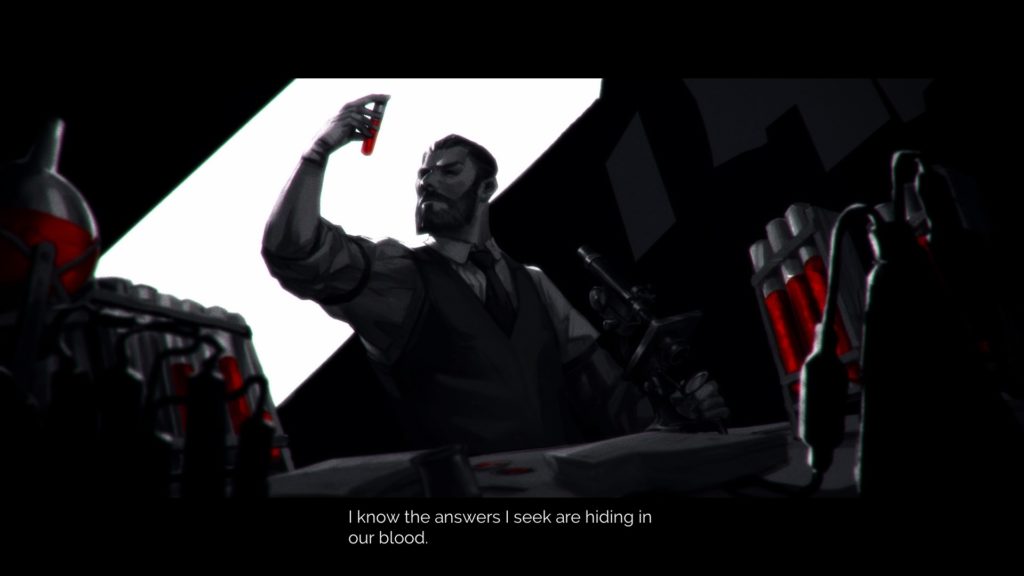
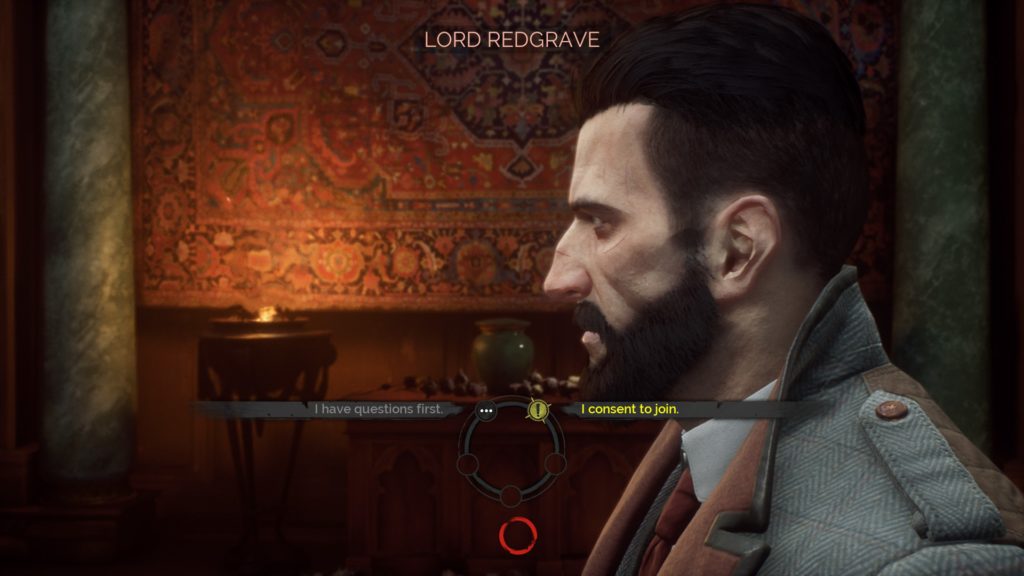
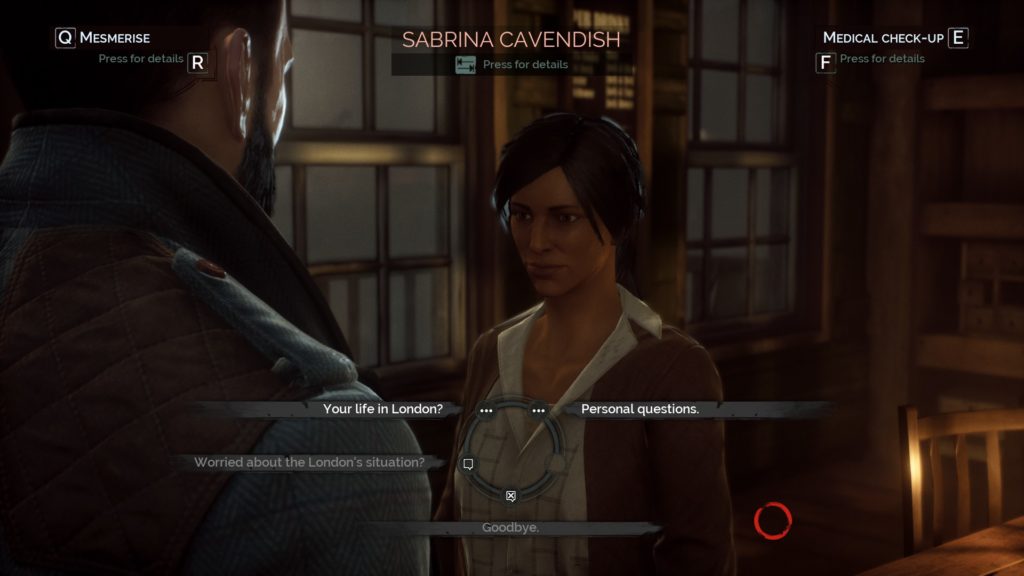
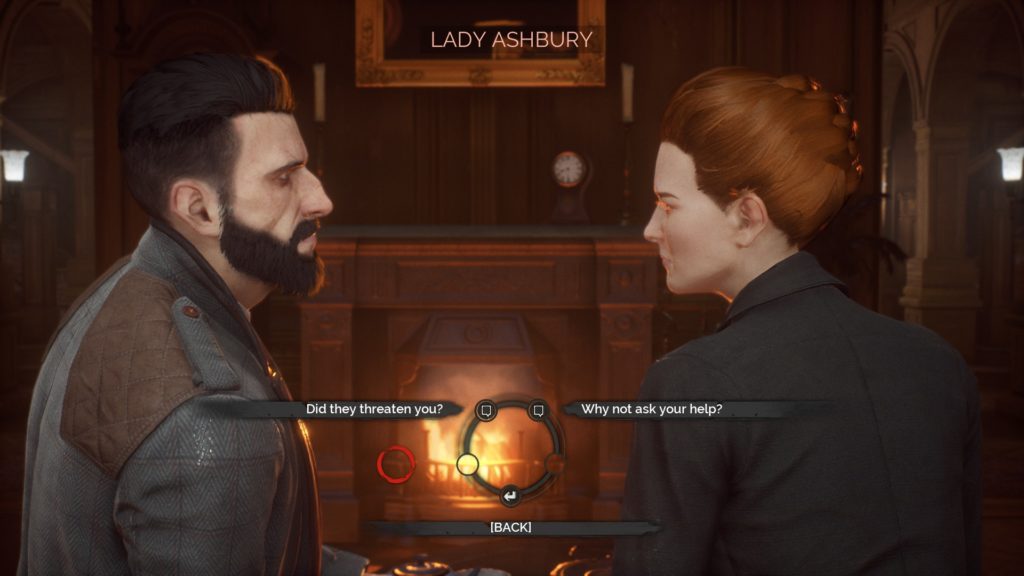
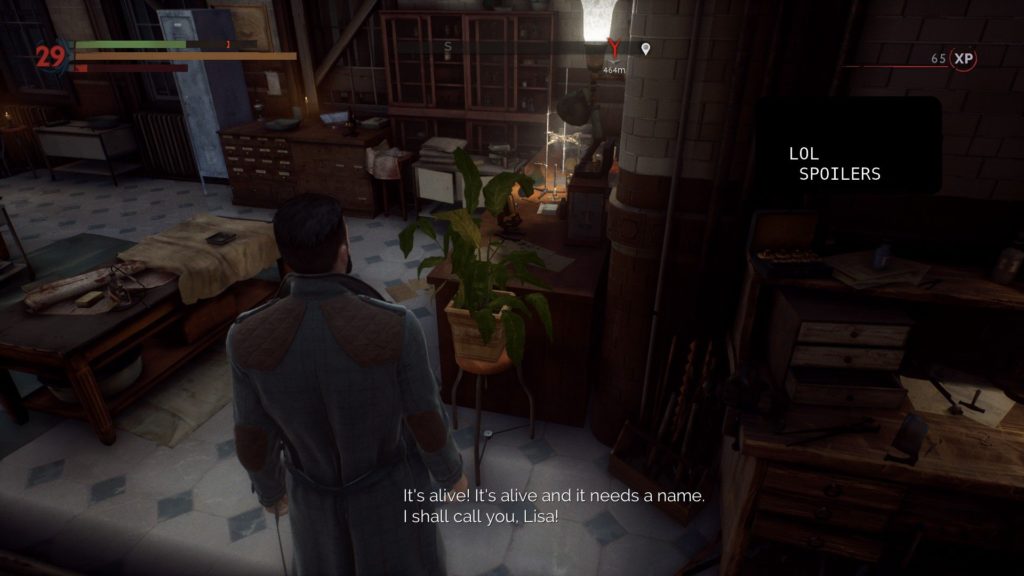
Comments are closed.